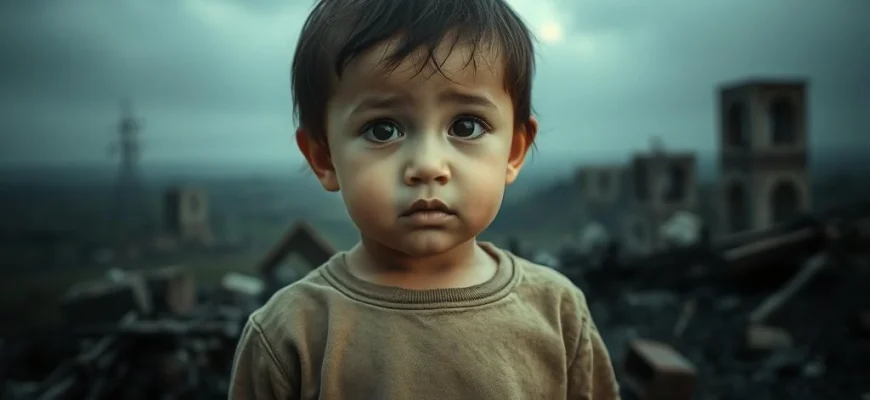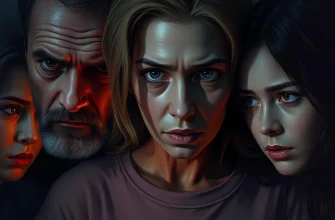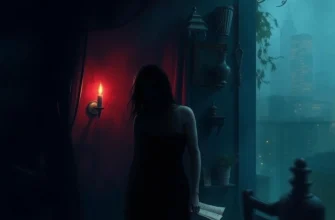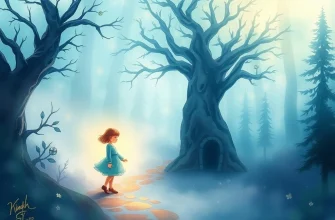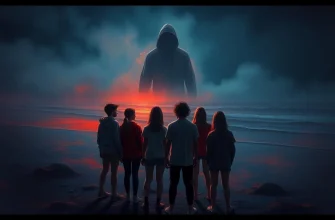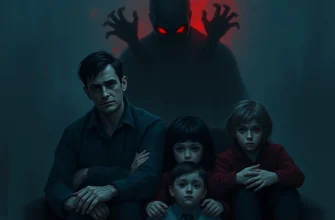Wenn Sie von der berührenden und poetischen Erzählung von 'Verbotene Spiele' (1952) fasziniert waren, sind Sie hier genau richtig. Dieser Artikel präsentiert 10 Filme und Serien, die ähnliche Themen wie Unschuld, Verlust und die Grausamkeit des Krieges behandeln. Entdecken Sie Geschichten, die ebenso tiefgründig und emotional packend sind.

Bicycle Thieves (1948)
Beschreibung: This movie delves into the desperation and moral dilemmas faced by a father and son in post-war Italy, mirroring the emotional depth and social commentary of the reference title.
Fakt: The film is often cited as one of the greatest films ever made. It was shot with non-professional actors to enhance its realism.
 Jetzt ansehen
Jetzt ansehen
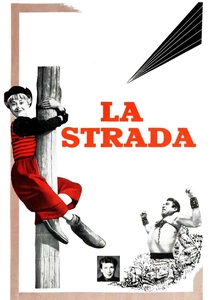
La Strada (1954)
Beschreibung: The film portrays the struggles of marginalized characters with deep emotional resonance, similar to the reference title. Its poetic and tragic narrative style is highly effective.
Fakt: The film won the first Academy Award for Best Foreign Language Film. It is considered one of the greatest films of all time.
 Jetzt ansehen
Jetzt ansehen
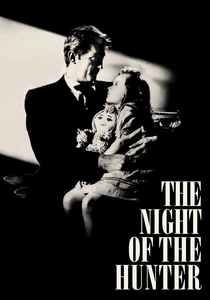
The Night of the Hunter (1955)
Beschreibung: This movie uses a dark, fairy-tale-like aesthetic to explore themes of good versus evil, much like the reference title. Its visual style and emotional intensity are strikingly similar.
Fakt: It was the only film directed by actor Charles Laughton. The film was initially a box office failure but has since become a cult classic.
 Jetzt ansehen
Jetzt ansehen

Nights of Cabiria (1957)
Beschreibung: This movie explores the resilience and vulnerability of its protagonist, much like the reference title. Its blend of humor and pathos creates a deeply moving experience.
Fakt: The film won the Academy Award for Best Foreign Language Film. It was later adapted into the musical 'Sweet Charity.'
 Jetzt ansehen
Jetzt ansehen

The Seventh Seal (1957)
Beschreibung: This movie explores existential themes and the human condition, much like the reference title. Its stark visual style and philosophical depth make it a compelling comparison.
Fakt: The film's iconic imagery of a knight playing chess with Death has become a cultural touchstone. It was shot on a modest budget but achieved international acclaim.
 Jetzt ansehen
Jetzt ansehen

The 400 Blows (1959)
Beschreibung: The film explores themes of childhood innocence and the harsh realities of growing up, much like the reference title. It uses a poignant, semi-autobiographical narrative style to depict the struggles of a young boy.
Fakt: The film is considered a cornerstone of the French New Wave movement. It was shot on location in Paris, giving it an authentic and raw feel.
 Jetzt ansehen
Jetzt ansehen

The Bitter Tears of Petra von Kant (1972)
Beschreibung: The film examines complex human relationships and emotional turmoil, using a confined setting to heighten the drama, similar to the reference title's intimate storytelling.
Fakt: The entire film takes place in a single apartment. It is based on the director's own play.
 Jetzt ansehen
Jetzt ansehen

The Tin Drum (1979)
Beschreibung: This movie uses a child's perspective to critique society and explore dark themes, much like the reference title. Its surreal and symbolic storytelling is highly evocative.
Fakt: The film won the Palme d'Or at the Cannes Film Festival and the Academy Award for Best Foreign Language Film. It was banned in several countries for its controversial content.
 Jetzt ansehen
Jetzt ansehen
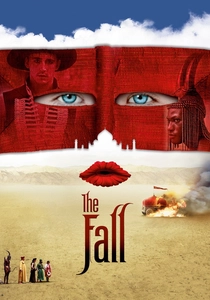
The Fall (2006)
Beschreibung: The film blends fantasy and reality through the eyes of a child, creating a visually stunning and emotionally rich narrative that resonates with the themes of innocence and loss.
Fakt: The film was shot in over 20 countries and took four years to complete. It features no CGI, relying entirely on practical effects and real locations.
 Jetzt ansehen
Jetzt ansehen

The Virgin Spring (1960)
Beschreibung: The film deals with themes of innocence, violence, and redemption, using a medieval setting to explore these ideas in a way that echoes the reference title's emotional weight.
Fakt: The film won the Academy Award for Best Foreign Language Film. It was later remade as the horror film 'The Last House on the Left.'
 Jetzt ansehen
Jetzt ansehen

